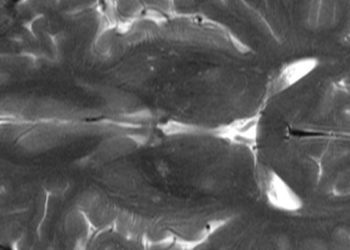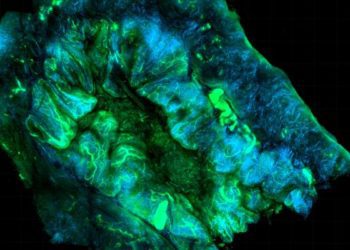ADHD modestly associated with higher frequency of digital media use among teens
1. In this prospective cohort trial, teens with significant ADHD symptoms were slightly more likely to be associated with a higher frequency of digital media use.
2. Frequent digital media use was not associated with an increase in the number of teens with high ADHD symptom burden over a two-year period.
Evidence Rating Level: 2 (Good)
Study Rundown: Though ADHD is primarily considered a childhood onset disorder, some evidence suggests that ADHD symptoms may manifest in adolescent and adult populations. Though manifestation of these symptoms would be likely to associate with environmental factors, it is unclear what these triggers might be. In this prospective cohort study over two years, tenth-grade student from 10 Los Angeles high schools answered self-assessment questionnaires about the presence of ADHD symptoms and how frequently they use various digital media every six months. Adolescents with a high burden of ADHD symptoms were slightly more likely to also have higher frequencies of digital media use compared to those with low burdens of ADHD symptoms. However, frequent digital media use was not associated with an increase in the number of teens presenting with high ADHD symptom burden over the two years studied, and an association between ADHD severity and digital media was not detected. In addition, boys, delinquent behavior, and depressive symptoms were identified as covariates that were associated with increased rates of high ADHD symptom burden.
Though the investigation of five time points over two years is a distinct advantage over other cross-sectional studies, the modest association between high ADHD symptom burden and frequent digital media use is difficult to interpret. In addition, the associative nature of the study obscures conclusions about causality. Further, self-assessments for ADHD have relatively low specificities and sensitivities for diagnosing the disease. Finally, as there was not an association between severity of ADHD symptoms and higher media use, and because it is more likely that ADHD presents more frequently at younger ages, there would be a large benefit of studying this association in patients under 8 years old with similar longitudinal follow-up.
Click here to read the study, published in JAMA
Relevant Reading: Media use and ADHD-related behaviors in children and adolescents: A meta-analysis
In-Depth [prospective cohort]: As part of the Happiness and Health Study, 10 Los Angeles schools and 3051 tenth-graders (follow-up rate 93.2%) agreed to participate in a two year, 5-wave prospective cohort study where students answered the Current Symptom Self-Report Form encompassing 9 in-attention and 9 hyperactivity-impulsive symptom categories mirroring the DSM-IV criteria for ADHD. Consistent with DSM-IV criteria, teens reporting symptoms in at least 6 categories for each domain were classified as having a high ADHD burden while those without these symptoms were classified as having a low burden of ADHD symptoms. Analyses considered the effects of certain covariates, including self-reported delinquent behavior, depressive symptoms, substance use, and family substance use history.
Adolescents with a high burden of ADHD symptoms were slightly more likely to also have higher frequencies of digital media use compared to those with low burdens of ADHD symptoms (OR 1.10; CI95 1.05-1.15). Boys, delinquent behavior, and depressive symptoms were identified as covariates that were associated with increased rates of high ADHD symptom burden (p < 0.05). The mean prevalence of high ADHD symptoms was 4.6% for those not reporting any high frequency digital media activity and 9.5% for those with at least 7 high frequency digital media activities (difference 4.9%; CI95 2.5 to 7.3%). Frequent digital media use was not associated with an increase in the number of teens with high ADHD symptom burden over the two years studied, and an association between ADHD severity and digital media was not detected (p > 0.05).
Image: PD
©2018 2 Minute Medicine, Inc. All rights reserved. No works may be reproduced without expressed written consent from 2 Minute Medicine, Inc. Inquire about licensing here. No article should be construed as medical advice and is not intended as such by the authors or by 2 Minute Medicine, Inc.







